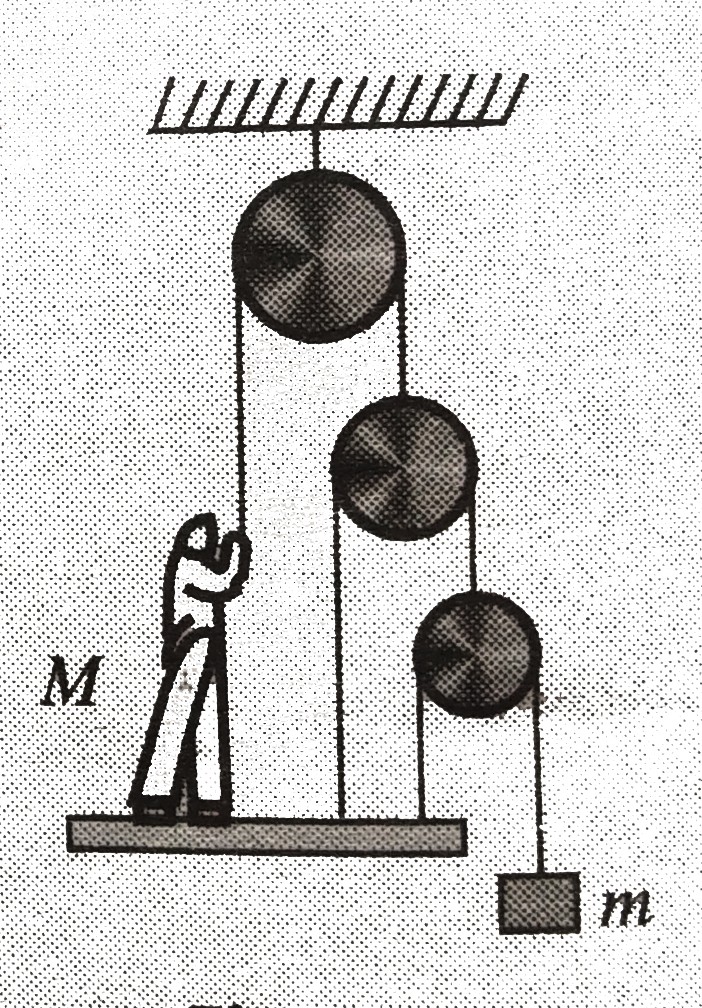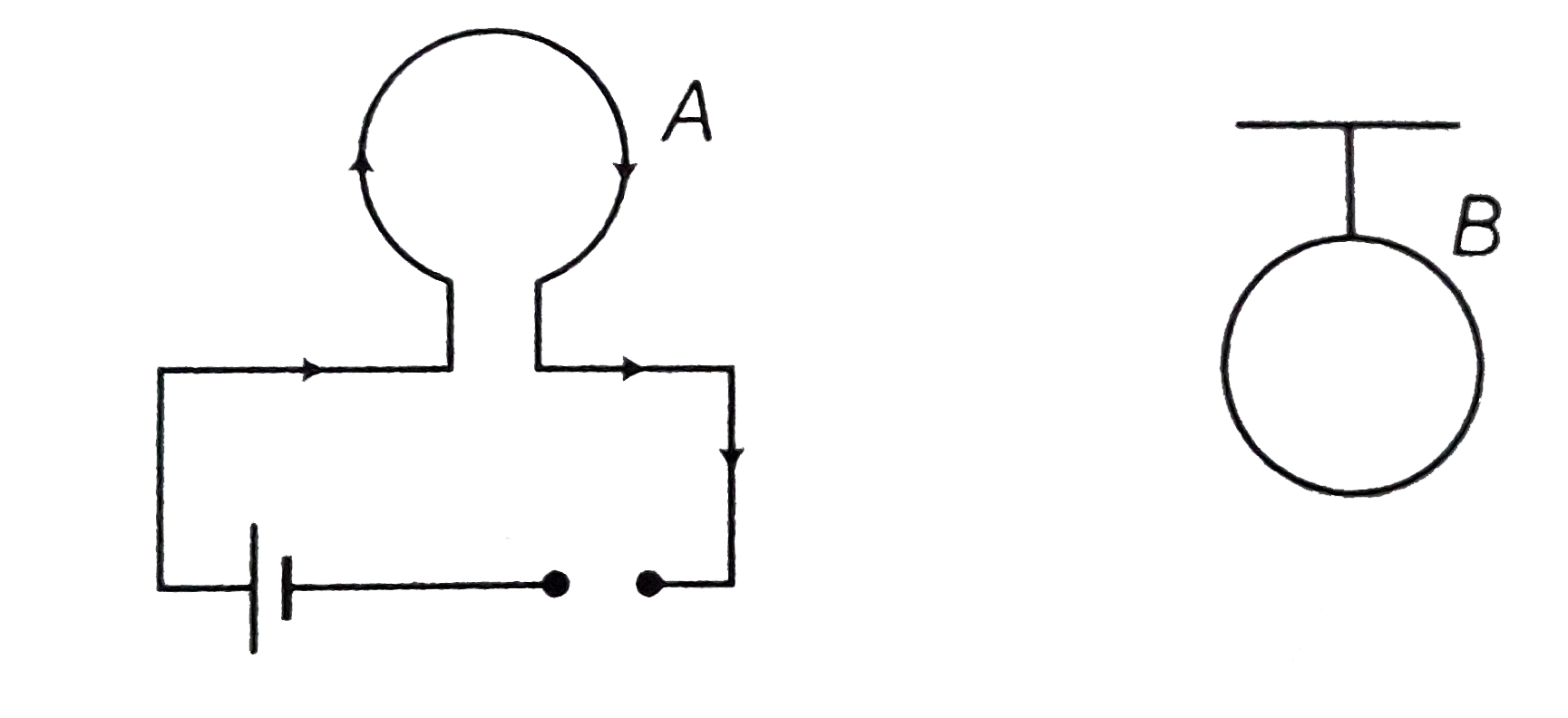Raising the temperatue of an equlibrium system
Favours the oxothermic reaction only
Favours the endotermic reaction only
Favours both the exothermic and cindothermic reactions
Favours neither the exothermic nor endotermic reactions
The correct Answer is:B
To solve the question regarding the effect of raising the temperature on an equilibrium system, we can follow these steps:
1. Understand the Concept of Equilibrium:
- In a chemical equilibrium, the rates of the forward and reverse reactions are equal, and the concentrations of reactants and products remain constant.
2. Identify the Nature of the Reaction:
- Reactions can be classified as either exothermic (release heat) or endothermic (absorb heat).
- For example, consider the reaction:
A+heat⇌B
This is an endothermic reaction, where heat is a reactant.
3. Apply Le Chatelier's Principle:
- Le Chatelier's Principle states that if a system at equilibrium is subjected to a change in concentration, temperature, or pressure, the system will adjust to counteract that change and restore a new equilibrium.
4. Effect of Raising Temperature:
- When the temperature of an equilibrium system is raised, the system will shift in the direction that absorbs heat to counteract the increase in temperature.
- In the case of the endothermic reaction (A + heat ⇌ B), increasing the temperature will favor the formation of products (B) because the reaction absorbs heat.
5. Conclusion:
- Therefore, raising the temperature of an equilibrium system favors the endothermic reaction.
Final Answer:
Raising the temperature of an equilibrium system favors the endothermic reaction.
---
- In a chemical equilibrium, the rates of the forward and reverse reactions are equal, and the concentrations of reactants and products remain constant.
- Reactions can be classified as either exothermic (release heat) or endothermic (absorb heat).
- For example, consider the reaction:
A+heat⇌B
This is an endothermic reaction, where heat is a reactant.
- Le Chatelier's Principle states that if a system at equilibrium is subjected to a change in concentration, temperature, or pressure, the system will adjust to counteract that change and restore a new equilibrium.
- When the temperature of an equilibrium system is raised, the system will shift in the direction that absorbs heat to counteract the increase in temperature.
- In the case of the endothermic reaction (A + heat ⇌ B), increasing the temperature will favor the formation of products (B) because the reaction absorbs heat.
- Therefore, raising the temperature of an equilibrium system favors the endothermic reaction.
Raising the temperature of an equilibrium system favors the endothermic reaction.
Topper's Solved these Questions
- CHEMICAL EQULIBRIUMBOOK - ERRORLESS CHAPTER - CHEMICAL EQULIBRIUMEXERCISE - CRITICAL THINKING (OBJECTIVE QUESTIONS)
10 Videos
- CHEMICAL EQULIBRIUMBOOK - ERRORLESS CHAPTER - CHEMICAL EQULIBRIUMEXERCISE - JS JEE SECTION (ONLY ONE CHOICE ANSWER)
35 Videos
- CHEMICAL EQULIBRIUMBOOK - ERRORLESS CHAPTER - CHEMICAL EQULIBRIUMEXERCISE - (ORDINARY THINKING) ACTIVATION ENERGY, STANDARD FREE ENERGY AND DEGREE OF DISSOCIATIN AND VAPOUR DENSITY
12 Videos
- CHEMICAL BONDING BOOK - ERRORLESS CHAPTER - CHEMICAL BONDING EXERCISE - JEE Section (Jee (advanced ) 2018)
1 Videos
- CHEMICAL KINETICS BOOK - ERRORLESS CHAPTER - CHEMICAL KINETICS EXERCISE - JEE (Advanced ) 2018
1 Videos
Similar Questions
Figure shows a light platform on which a man of mass M is standing and holding a string passing over a system of ideal pulleys. Another mass m is hanging as shown in fig. Find the force the man has to exert to maintain the equlibrium of system, and find the force exerted by the platform on the man. Also find the ratio of M/m.

View SolutionDefine Kraft temperatuer.
View Solution
Knowledge Check
Assertion : Catalyst affects the final state of the equlibrium.
Reason: It enables the system to attain a new equilibrium state by complexing with the reagents.AIf both assertion and reason are true and the reason in the correct explanation of the assertion.BIf both assertion and reason are true but reason is not the correct explanation of the assertion.CIf assertion is true but reason is false.DIf the assertion and reason both are false.In which of the following reactions, the concentration of product is higher than the concentration of reactant at equilibrium? (K = equilibrium constant)
AM⇔B,K=0.001BM⇔N,K=10CX⇔Y,K=0.005DR⇔P,K=0.01Who gave the theory of Genetic equlibrium ?
ALamarckBHugo de VriesCHary-WeinbergDDarwin
In the above problem mass of ice and water in the mixture when thermal equlibrium is attained is
View SolutionA system S consists of two coils A and B. The coil, A carries a steady current I. While the coil B is suspended nearby as shown in figure. Now, if the system is heated, so as to raise the temperature of two coils steadily, then

View SolutionConsider the general hypothetical reaction
A(s)⇔2B(g)+3C(g)
If the concentration of C at equlibrium is doubled then after the equlibrium is re-established the concentration of B will be
View SolutionIn which of the following equilibrium system the rate of the backward reaction is favoured by increase of pressure
View SolutionIn which of the following sysems at equlibrium and room temperature doubling the volume will shift the equlibrium to the right?
View Solution
